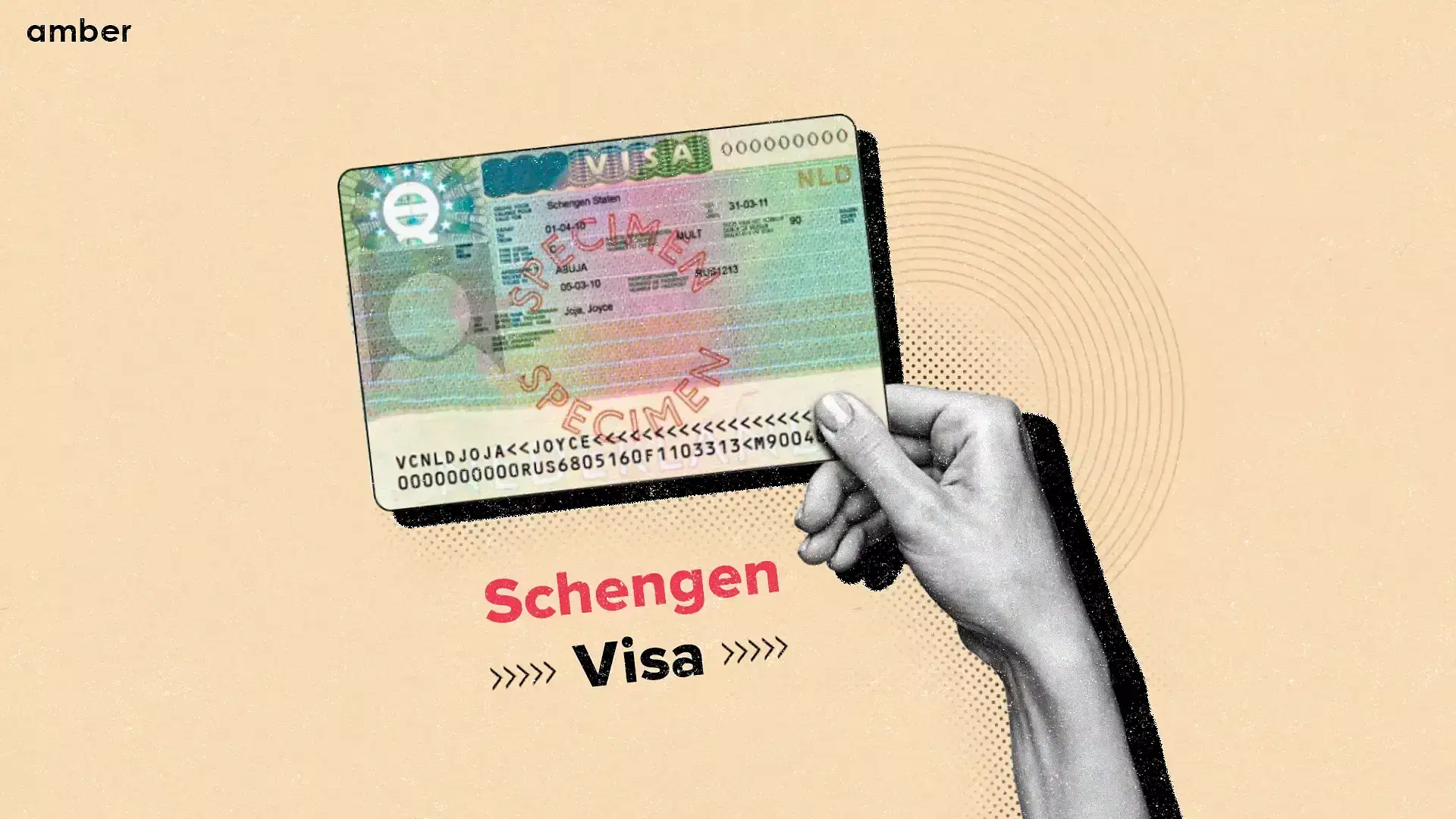In 2024, over 1.65 lakh Indian travellers saw their European travel dreams crushed as Schengen visa rejections surged, placing India among the top three most rejected countries. Beyond the heartbreak, it meant a staggering ₹136 crore in non-refundable financial loss—raising urgent questions on fairness, transparency, and the silent price of global mobility.
Record Rejections and a ₹136 Crore Blow to Indian Aspirants
Europe’s allure remains magnetic for Indian travellers—whether for tourism, education, business, or medical purposes. Yet in 2024, for 1.65 lakh Indians, this dream did not even make it past the embassy doors.
According to the European Commission’s latest report, Indian citizens submitted 11.08 lakh Schengen visa applications in 2024. Of these, nearly 15% were rejected, making India the third most rejected nation globally, trailing only Algeria and Turkey.
Each rejected application carried a non-refundable visa fee averaging ₹8,270 (€85). This has translated into a collective financial loss of ₹136.6 crore for Indian applicants, whose hopes of European travel were grounded without refund or recourse.
ALSO READ: FCRF Launches Campus Ambassador Program to Empower India’s Next-Gen Cyber Defenders
France Tops the Rejection List, Followed by Switzerland and Germany
Among the 27 Schengen nations, France led the rejection tally, denying 31,314 Indian visa requests, causing an estimated ₹25.8 crore in losses. Other countries followed closely:
- Switzerland: 26,126 rejections (~₹21.6 crore loss)
- Germany: 15,806 rejections (~₹13 crore loss)
- Spain: 15,150 rejections (~₹12.5 crore loss)
- Netherlands: 14,569 rejections (~₹12 crore loss)
The rise in rejection rates is not only financially draining but has created a climate of anxiety and uncertainty among travel agencies, students, and frequent business travellers.
Compounding the problem is the hike in visa fees in 2024—from €80 to €90 per adult applicant—raising the average fee to €85 (~₹8,230). Altogether, Indian applicants spent a staggering ₹916 crore on Schengen visa applications in one year.
More Than Just a Denial: Impact on Business, Education, and Confidence
While visa rejections are common in international travel, the scale and opacity of the current Schengen rejection trends have socioeconomic ripple effects. Tour operators report growing frustration, and students aiming for short-term exchange programs in Europe are reconsidering destinations.
“There is no explanation, no appeal, and no refund. We’re seeing families lose not just money but also confidence in the system,” says a senior travel consultant in New Delhi.
The situation has also affected small businesses and entrepreneurs who rely on short-term business visas for networking events and exhibitions across Europe. Delays or denials often derail commercial plans, especially for first-time applicants from India’s Tier-2 and Tier-3 cities.
What Is a Schengen Visa and Why the Scrutiny?
A Schengen visa allows short-term travel (up to 90 days) across 27 European countries, typically for tourism, business, family visits, or medical treatment. It’s considered one of the most powerful travel documents, but also one of the most difficult to secure for applicants from developing countries.
The visa process requires applicants to apply to the country where they will spend the most time, with documented travel plans, hotel bookings, insurance, and financial proof. However, many applicants claim that even with complete paperwork, approvals are elusive—suggesting possible systemic bias or overstretched consular operations.
Is Reform on the Horizon?
The backlash in India has prompted calls for greater transparency in rejection reasons, an appeals process, and pro-rated refund policies. Stakeholders are urging both Indian authorities and European missions to engage in dialogue to ensure fairness for genuine travellers.



